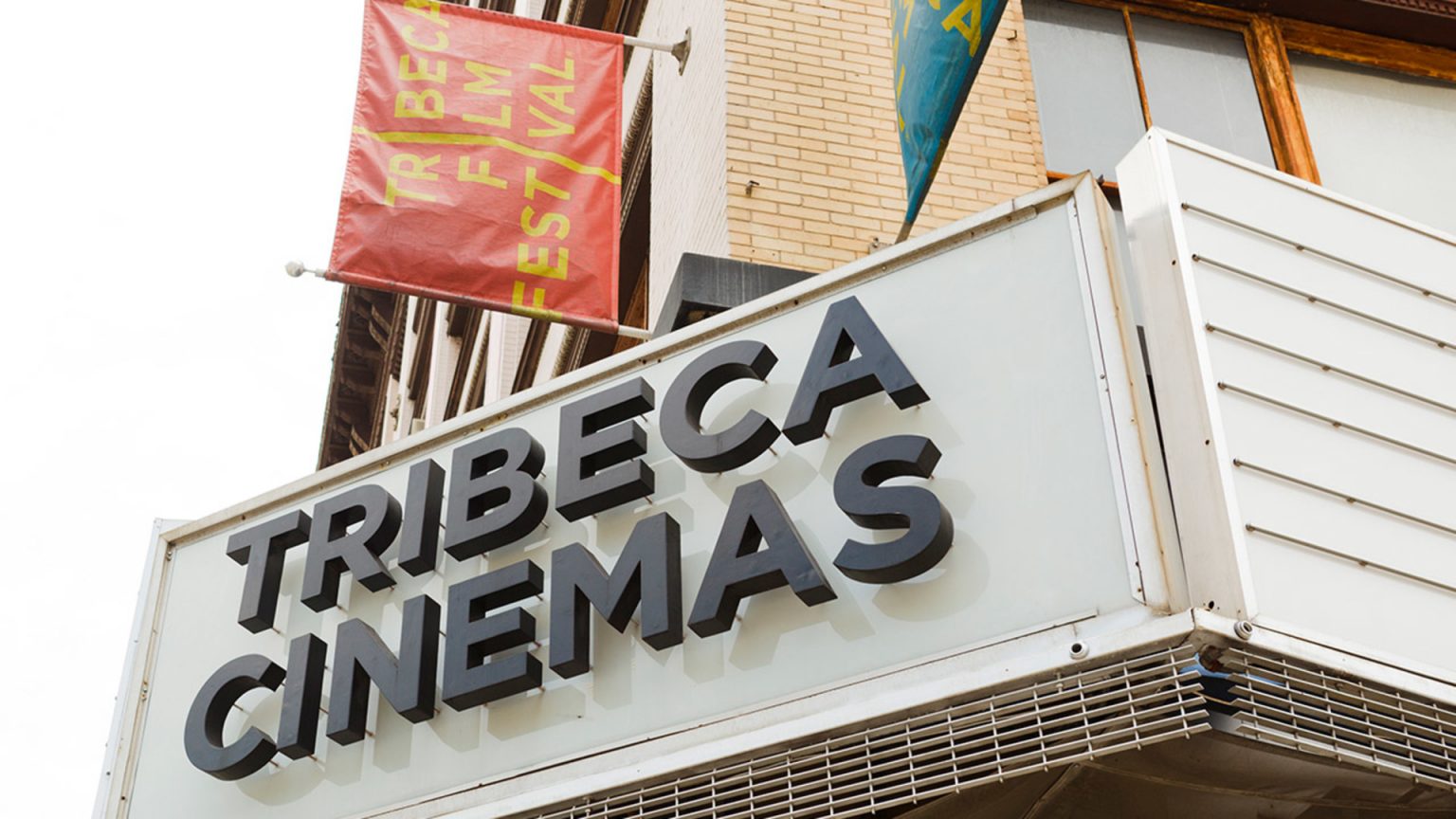The 2018 Tribeca experience is a reminder that this is a festival still struggling to find its identity. Robert De Niro, Jane Rosenthal, and Craig Hatkoff founded the festival in 2002 in response to 9/11, in an effort to inject hope and vitality into what was then a devastated neighborhood. Though 9/11 will always live in the hearts of New Yorkers, sixteen years later its association with the festival feels a bit vague and tangential.
Tribeca is also sandwiched between two higher-profile festivals, Sundance and Cannes, which makes it a sort of intermediary, unsure of how to assert its legitimacy. Furthermore, there’s an irony to the fact that the screenings themselves are primarily held outside of the Tribeca neighborhood, mostly in Chelsea and Battery Park. The programming, too, reaches out in all directions, from the new frontiers of virtual reality to nostalgic retrospectives. Such comprehensiveness runs the risk of betraying a lack of focus.
At times, this diffuse identity operates to the detriment of the festival’s quality. Some of the purportedly high-profile releases can be disappointing. Drake Doremus’s Zoe, starring Ewan McGregor and Léa Seydoux falls a bit flat in its attempt to extrapolate romantic insight from a near-futuristic plot about human android love. Miguel Arteta’s Duck Butter won Alia Shawkat the award for best actress in a U.S. Narrative Feature, but the film itself remains flawed. It portrays two young women who, disillusioned with modern romance, resolve to spend twenty-four hours with each other expressing unconditional emotional (and sexual) honesty. Though intriguing, it’s at times hard to believe the acute melodrama that percolates between these two people who really don’t know each other.
It would be a mistake, though, to interpret Tribeca’s identity issues through a purely cynical prism. There is plenty of hope for the festival to be a truly great place for films. For example, it has in many ways become fertile ground for innovative and thought-provoking documentaries and the 2018s festival was peppered with many bright spots. Island of the Hungry Ghosts, which took home the top documentary prize, depicts life on an island that’s home to both a massive land crab migration and a detention center for asylum-seekers. When Lambs Become Lions dances between the lives of an African wildlife poacher and a ranger, Studio 54 deftly recalls the drama behind the famous New York nightclub, and Satan and Adam paints an endearing portrait of a truly unique musical partnership.
There are plenty of narrative hits, too, from the Best International Narrative Feature winner, Smuggling Hendrix and the Danish comedy, The Saint Bernard Syndicate, to the French father-daughter drama, The Elephant and the Butterfly, the Best Narrative Feature Winner, Diane, and the consistently chuckle-worthy, Ethan Hawke-led Stockholm.
The fact that many of these films are little-known outside of Tribeca might help elucidate the festival’s potential identity. Perhaps it shouldn’t try to be a vehicle for big movies starring Ewan McGregor. Rather, the festival appears to be at its best when presenting hidden gems, an array of domestic and international films unified by a sense of diversity as dynamic as New York City itself. Perhaps “Tribeca” is a bit of a misnomer, too. Maybe the festival should embrace the fact that screenings take place all across the city, and incorporate an even wider range of theaters.
It’s a testament to the festival’s organizers and a programming team that it continues to present so many gems, even if it is at times uneven. Sixteen years may be a long time to find one’s footing, but as long as Tribeca continues to uncover great films, it will remain afloat. Trying to assert an identity in one of the world’s most multifaceted cities is no easy task, and the often-nebulous nature of Tribeca surely reflects that struggle. Suffice to say, we’re looking forward to what Tribeca has in store for 2019.




